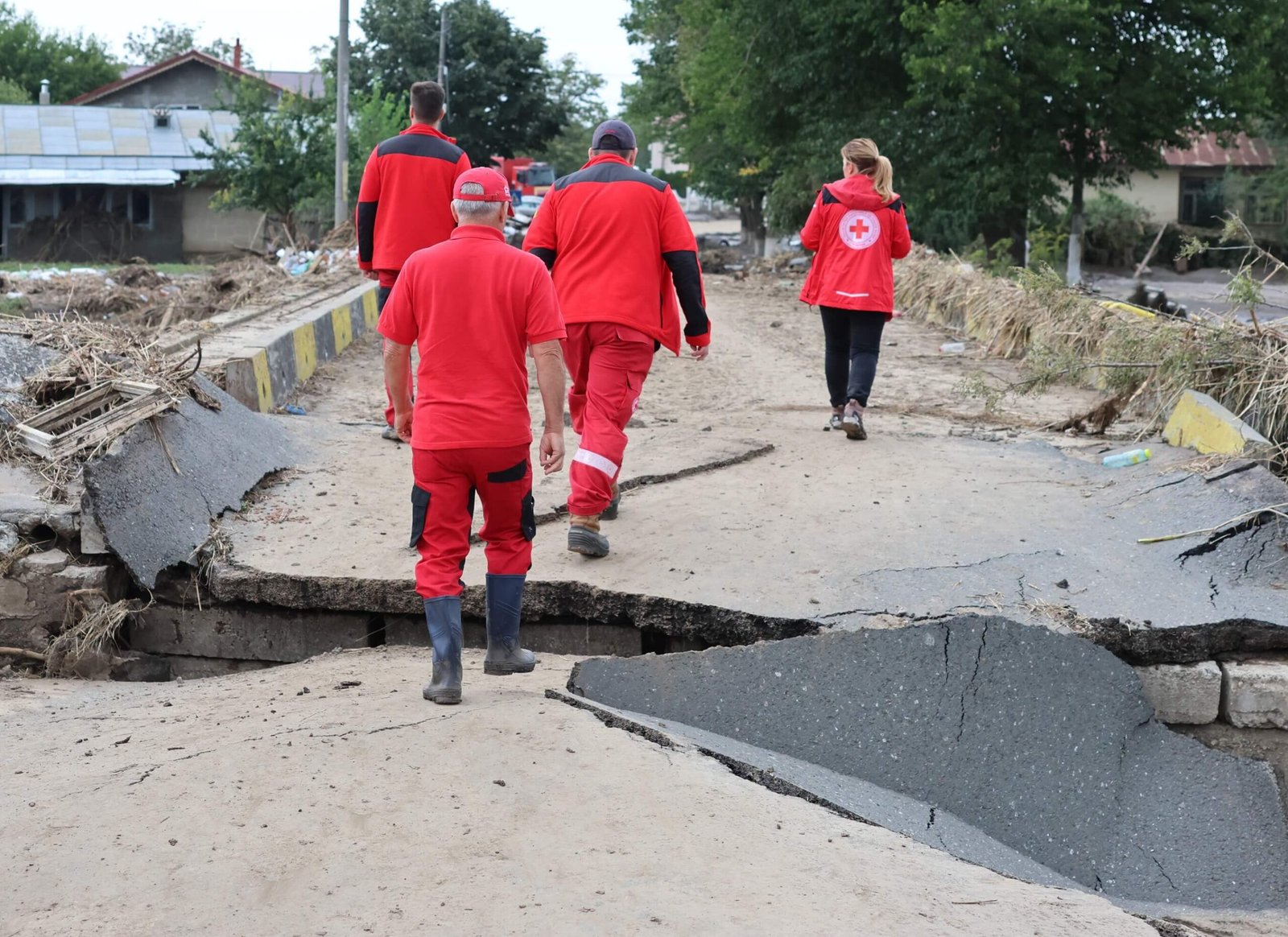Pilot Exercises
PREPSHIELD: Evaluating Crisis-Response Tools through Multiscale Communication Pilots and Exercises
PREPSHIELD will run a communication pilot, tabletop exercises and an online exercise to evaluate the efficacy of its recommendations and tools in times of crisis. These pilots will include various public authorities, disaster response organisations, healthcare organisations, civil society organisations and/or citizens. They will take place at different scales in different countries:
- Hamburg, Germany
- Piedmont, Italy
- Romania
Hamburg
In Hamburg, PREPSHIELD will focus on the neighbourhood of Hamburg Steilshoop, with a proportion of migrants of over 50 percent and significantly higher unemployment than the Hamburg average. Steilshoop is characterized by a high level of social cohesion (families, clubs, religious communities) and a strong local identity that is characterized by its multiculturalism. The city manages special plans of action in areas threatened by floods (evacuation plans) or city-wide strategies with regard to hygiene, supply of medicines, etc. Emergency plans already exist that justify individual measures according to departmental principles (health, water supply, etc.).

Piedmont
COVID-19 has strained the healthcare system in Piedmont. The region has taken steps to increase hospital capacity, improve workforce resilience, and develop new strategies for responding to infectious disease outbreaks. In Piedmont, training for Public health emergencies of international concern and mass casualty incidents is managed through corporate and inter-company training plans and the Azienda Zero training service, in parallel with national training systems. The following tasks are assigned to the Regional Departments of Health: health planning, financial management of the health fund, health assets and buildings, health and hospital assistance, public and food hygiene, animal health, supervision of health establishments, supervision of sector bodies.

ROMANIA
The country is positioned in the category of emerging economies, with a high degree of complexity and a specialised workforce, and, in 2020 and 2022, it has been classified as a “high-income economy”, according to World Bank reports. With the end of 2022, Romania’s economy is ranked 12th in the European Union, in terms of size, and 7th, in terms of strength, when GDP is adjusted to purchasing power parity. The training of operational and emergency management personnel is carried out continuously, inter-institutionally, through national and international training activities, workshops and medical and civil protection exercises. The Department for Emergency Situations, through the Training in Emergency Medicine, Qualified First Aid and Disaster Medicine Branch is actively involved in the training and preparation of doctors and residents in emergency medicine, nurses, paramedics, 112 operators and ambulance attendants by providing specialist manuals and facilitating their participation in a series of courses in the framework of national and international projects.

Communication pilot
Following a systematic and wide-ranging search in academic journal databases, expert interviews will be conducted in each of the pilot sites. The thorough literature review and the expert interviews conducted will identify important principles for communication for disaster response and health emergencies, as well as points of contention.
Different strategies will be tested out in online survey experiments in Hamburg, Piedmont and Romania. The pilot will be evaluated regarding message strategies and problematic communicative aspects will be identified. The best identified communication strategies will be shared with public authorities before the online exercises, during which they will communicate with citizens, civil society organisations, disaster response organisations and healthcare institutions through the platform and app.

Tabletop exercise

During tabletop exercises, citizens, healthcare professionals, people representing public authorities and NGOs will come together to discuss and work through a crisis scenario. This activity will allow participants to explore their roles and responses in a controlled, low-pressure environment and identify strengths and weaknesses in their preparedness, as well as understand the challenges others may face during a crisis. It will allow the project to test the best practices it has identified. These exercises bring together people from various organizations with different roles and expertise, helping them to recognize each other’s capabilities and limitations.”
Online pilot
In-person exercises are not representative of real crisis situations during which the actors are disseminated across a city, region, country and continent and face many social, organizational and technological barriers to communication. PREPSHIELD will therefore carry out an online pilot, relying on its platform and app. Through the platform and app, citizens, civil society organisations, disaster response organisations and healthcare institutions will participate in the management of a simulated health crisis, while public authorities will input policies for crisis management and visualize their impacts.

